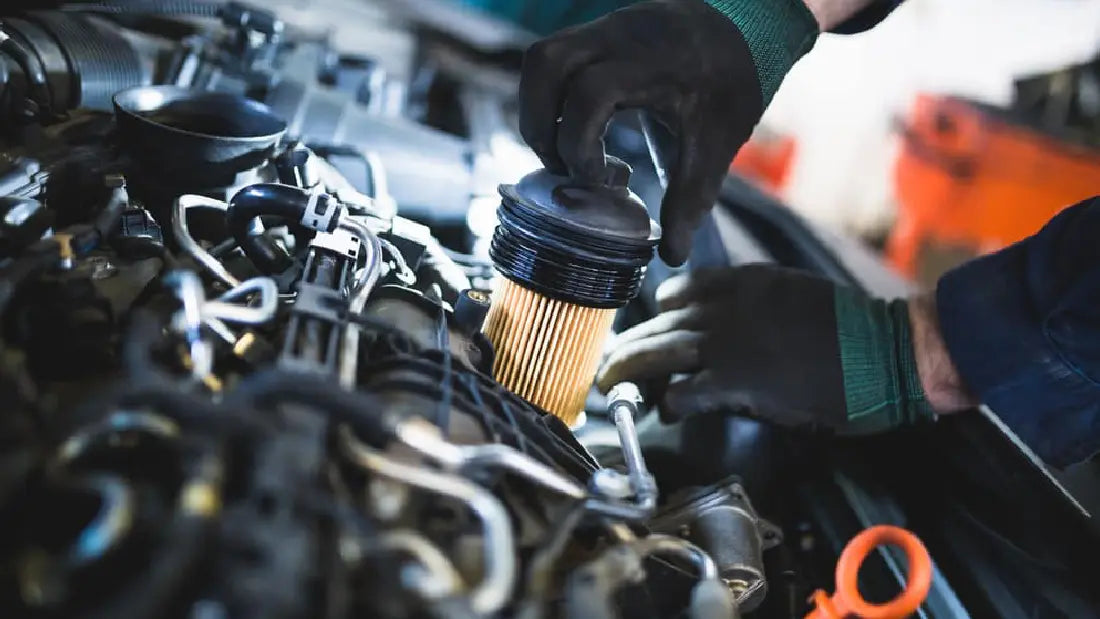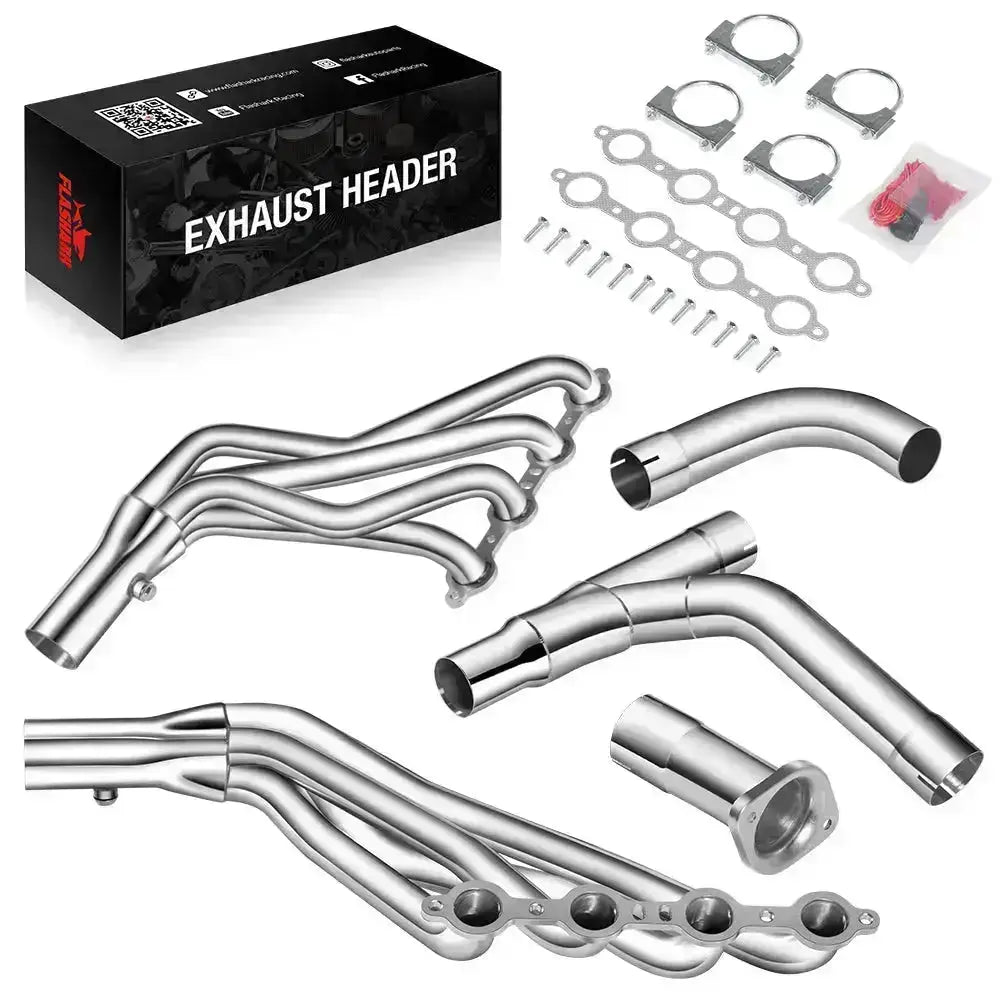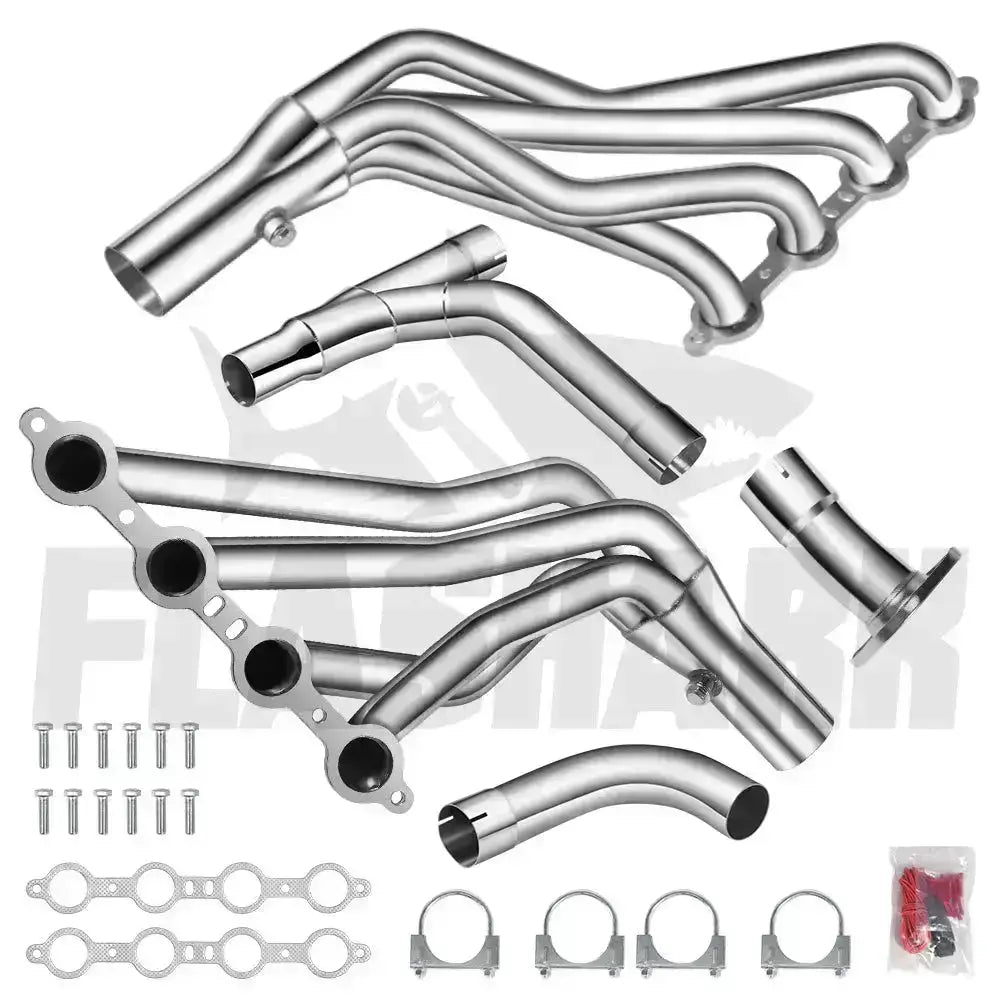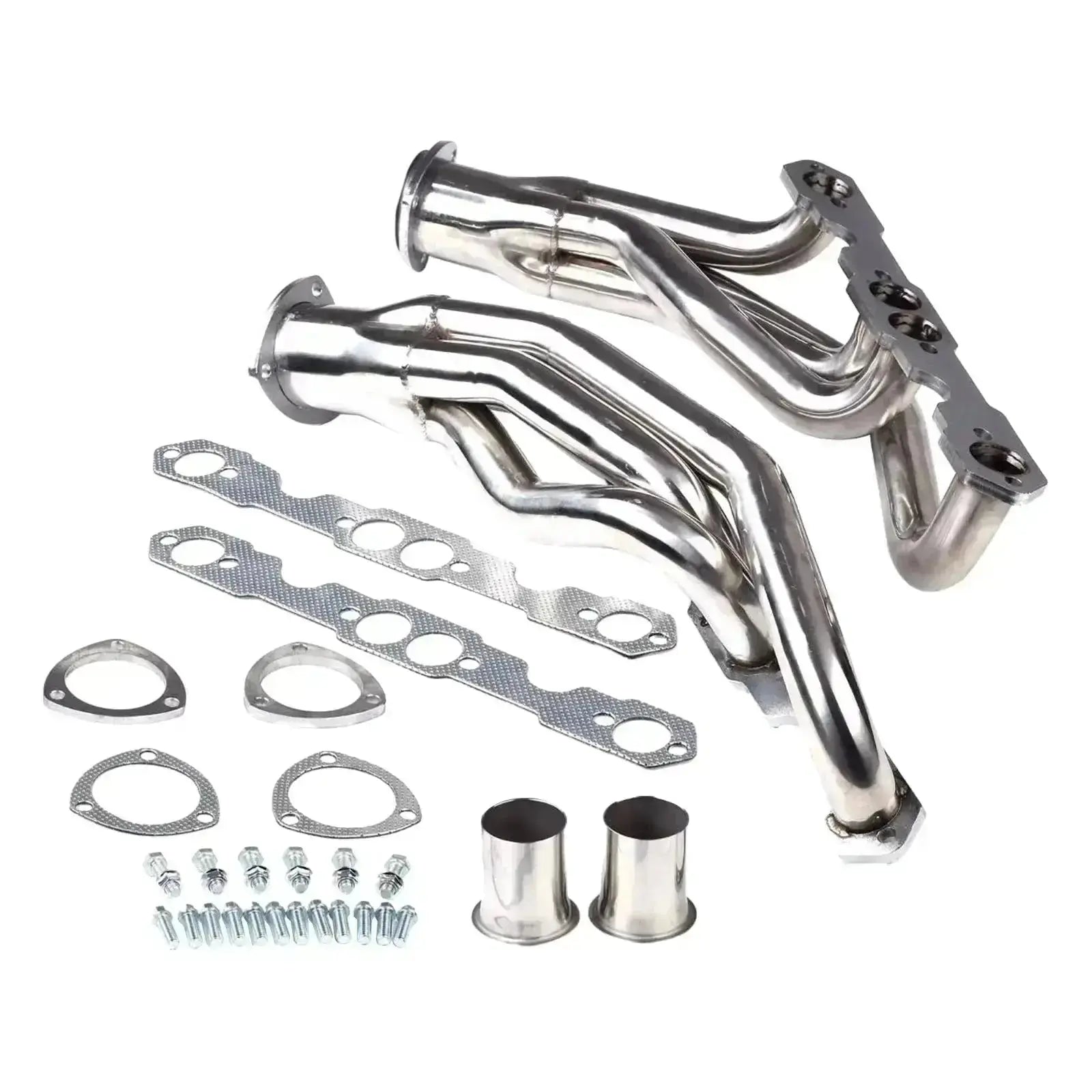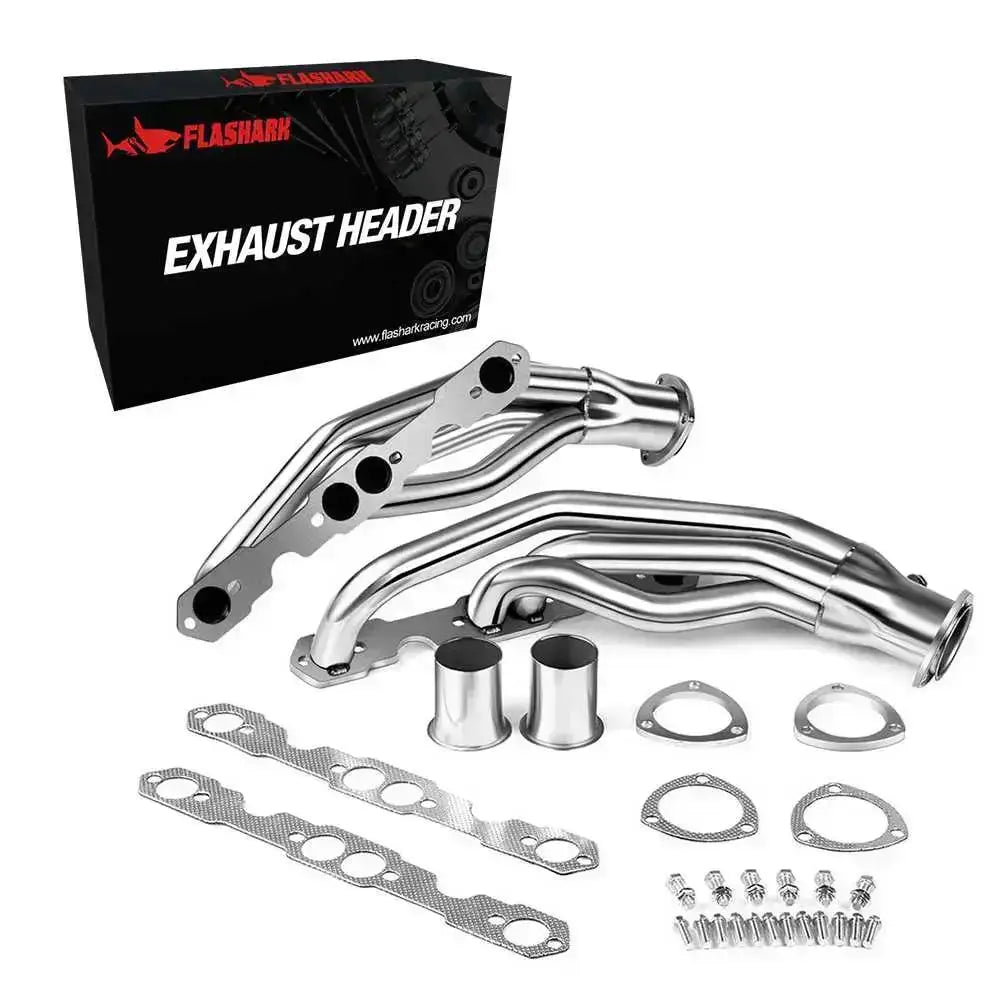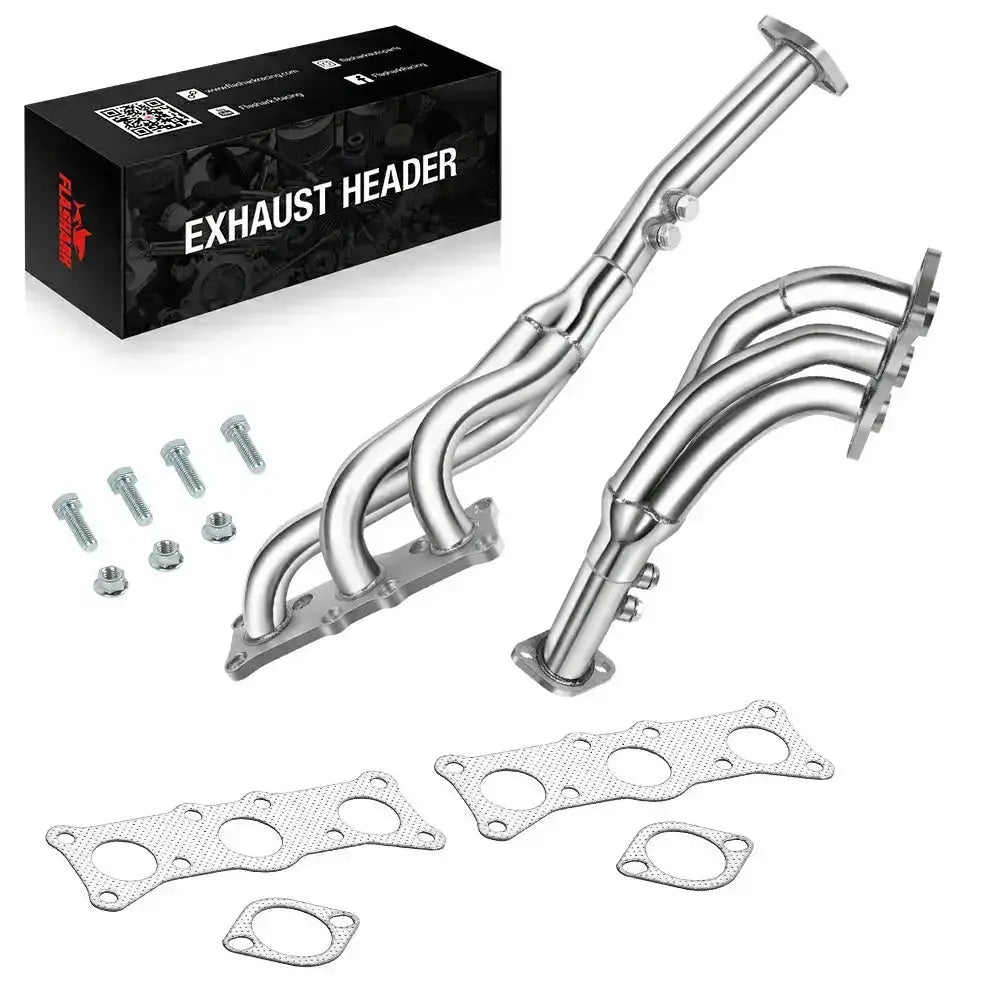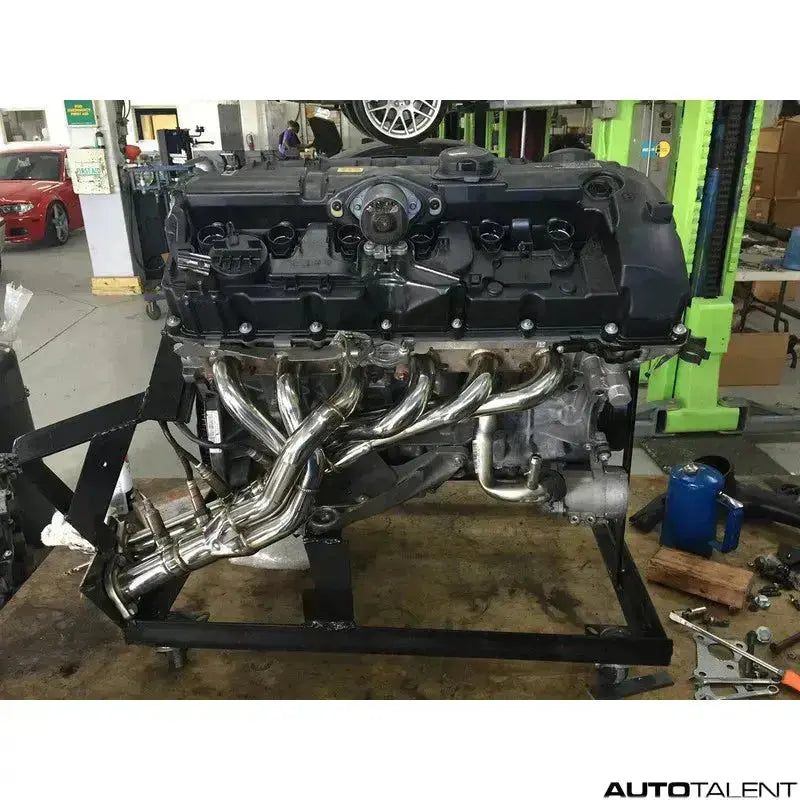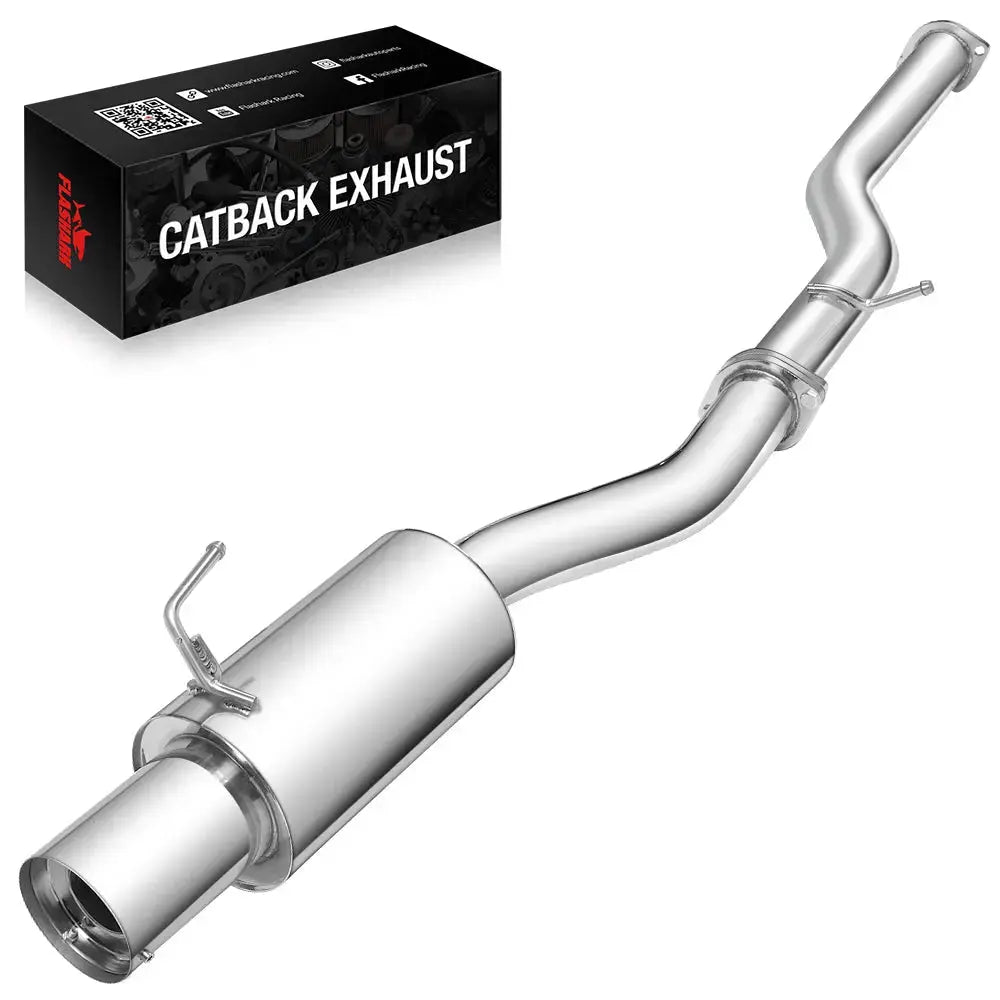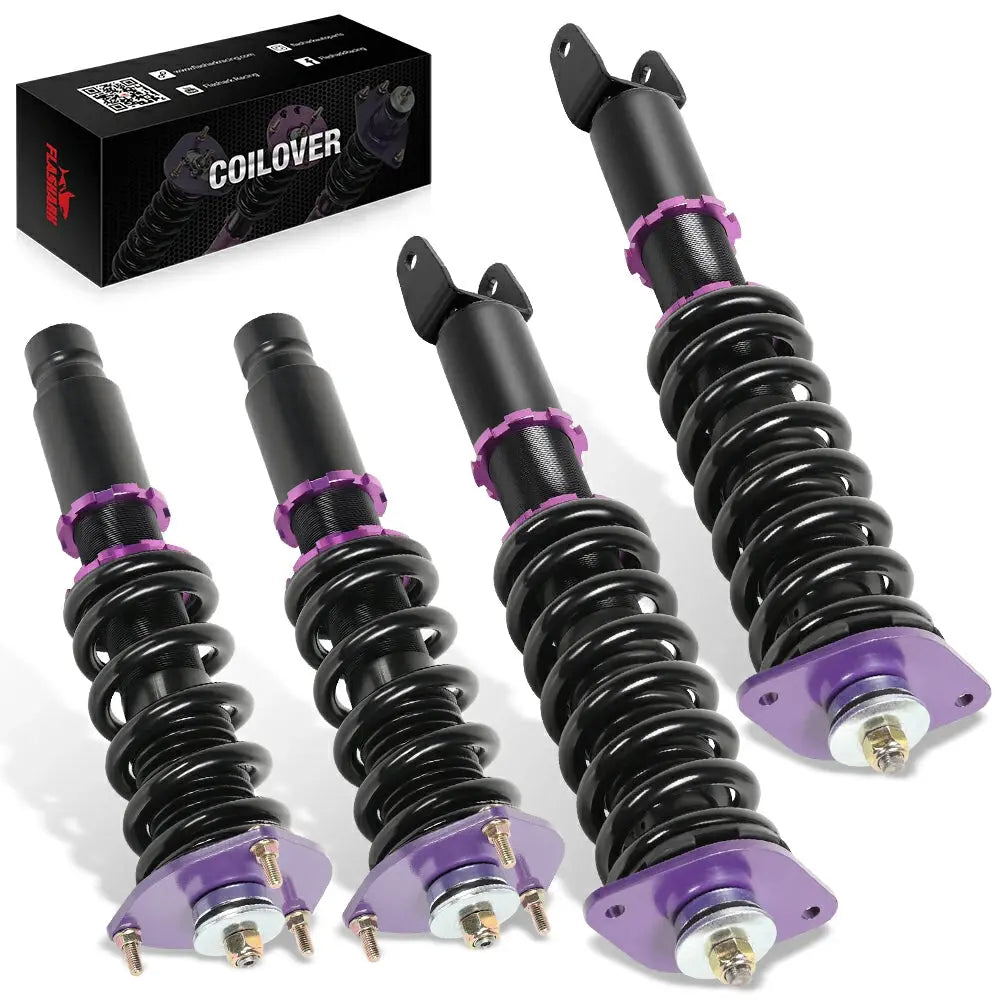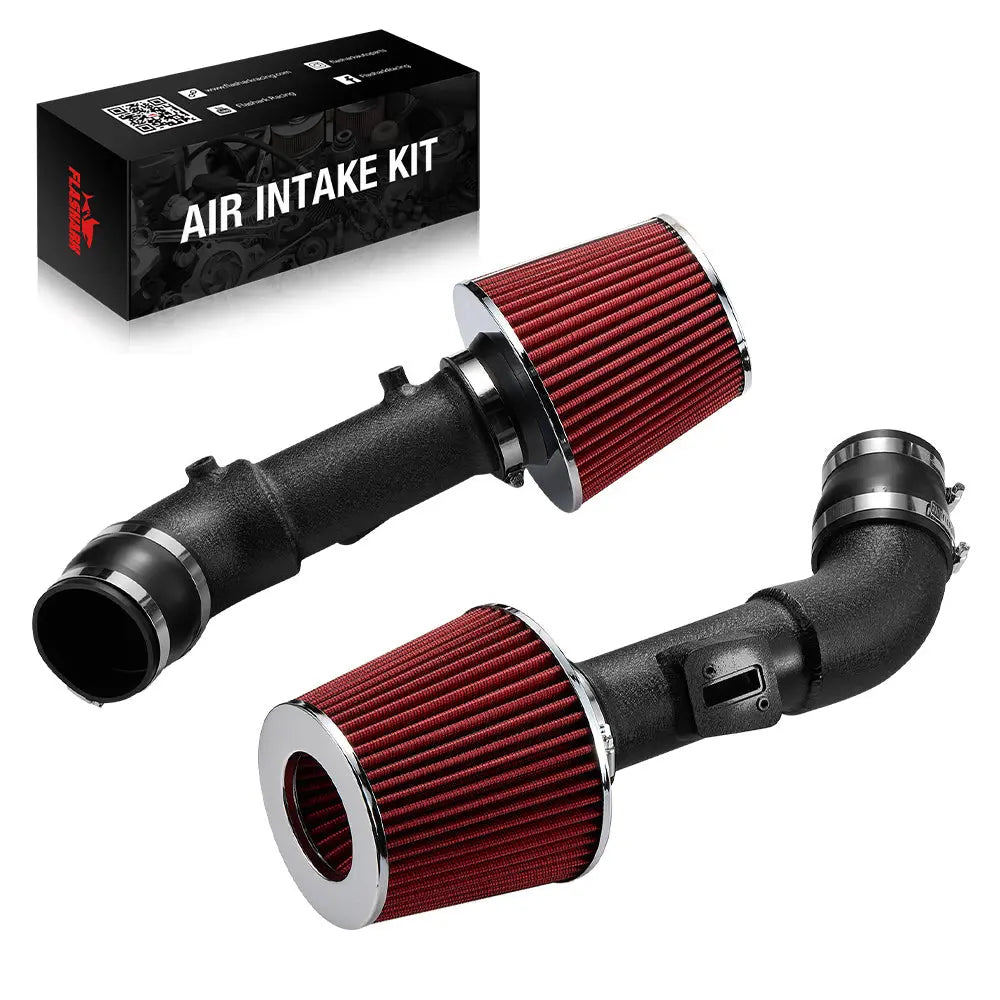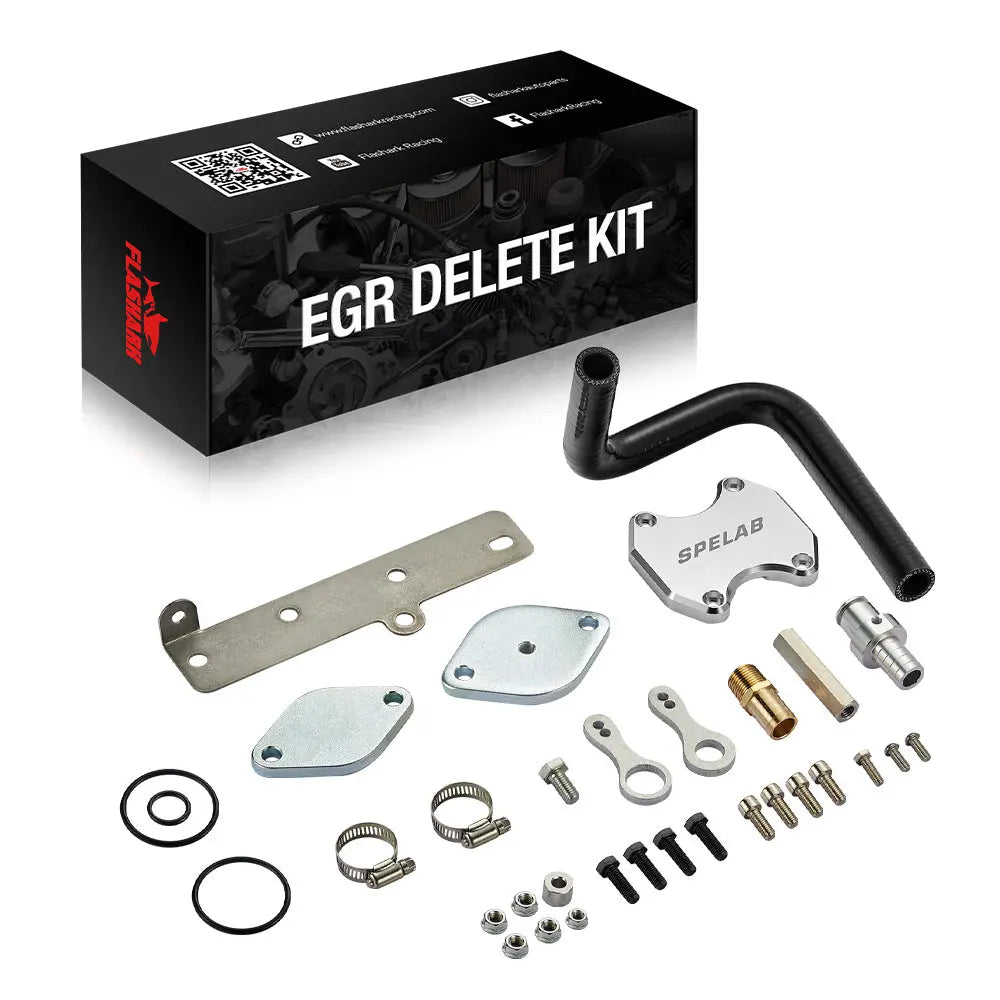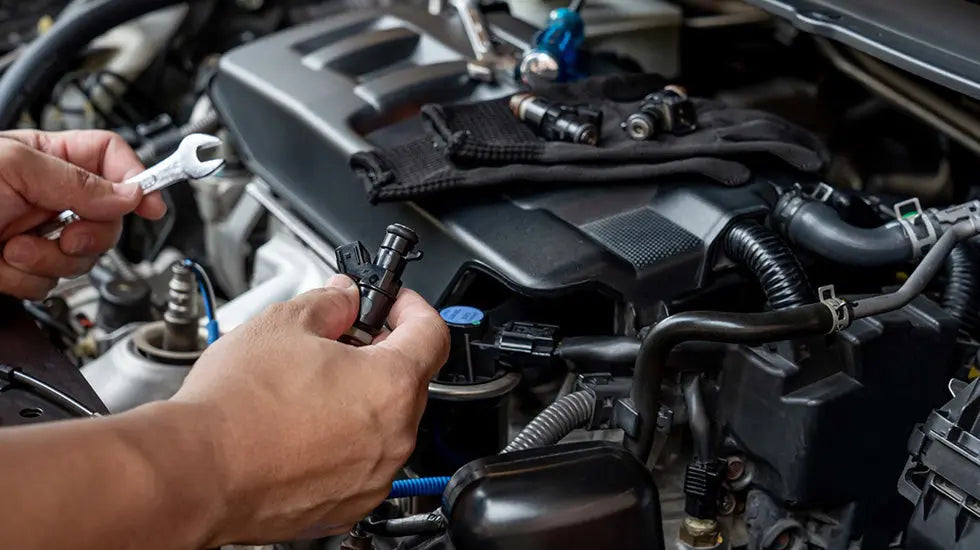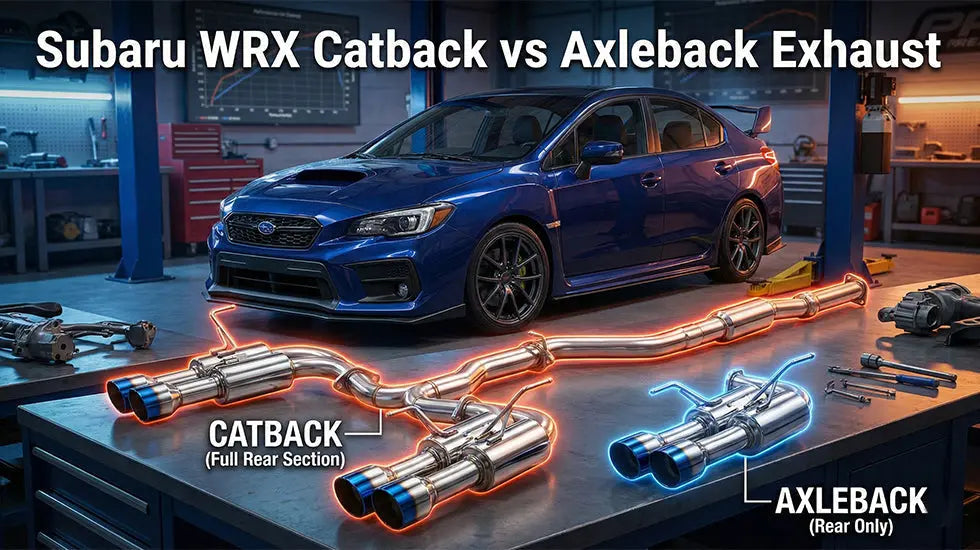In the fast-paced world of automotive engineering, where power, efficiency, and environmental consciousness collide, one often-overlooked component plays a critical role: the fuel filter. While its name might suggest a simple task, the science behind fuel filters is far from ordinary. These unassuming devices wield the power to safeguard engines, optimize fuel combustion, and reduce harmful emissions, making them an integral part of modern automotive technology.
The Role and Function of Fuel Filters:
At the heart of every fuel delivery system lies the fuel filter, a silent guardian tasked with a crucial mission. As fuel makes its journey from the gas tank to the engine, the fuel filter acts as a gatekeeper, preventing contaminants and impurities from entering the engine's delicate internals. Its primary role is to ensure that only clean, debris-free fuel reaches the combustion chamber, where it can be efficiently burned to power the vehicle.
Filtering Out Contaminants
The primary function of a fuel filter is akin to that of a guardian, tasked with the responsibility of preventing harmful impurities from infiltrating the engine. As fuel journeys from the fuel tank to the engine, it can pick up an array of contaminants, ranging from dust and dirt to rust and debris. If left unchecked, these particles could wreak havoc within the engine's intricate components, leading to premature wear, reduced efficiency, and potential breakdowns.
Ensuring Clean Combustion
Clean combustion is the lifeblood of engine efficiency. The fuel filter plays a crucial role in ensuring that only clean, uncontaminated fuel reaches the combustion chamber. When fuel combustion occurs, impurities present in the fuel can contribute to incomplete burning, leading to inefficient use of fuel and increased emissions. By filtering out these impurities, the fuel filter enables the engine to achieve optimal combustion, translating into improved fuel economy and reduced emissions.
Protecting Fuel Injectors
Fuel injectors, the precision-engineered components responsible for delivering fuel to the combustion chamber, are highly sensitive to contamination. Even the tiniest particle can disrupt their delicate operation, affecting fuel spray patterns and, consequently, combustion efficiency. The fuel filter acts as a shield, safeguarding fuel injectors from potential harm and preserving their performance over time.
Enhancing Longevity and Performance
A clean and well-maintained fuel filter contributes to the long-term health of the engine. By preventing contaminants from causing wear and damage to critical components, the fuel filter extends the engine's lifespan. Furthermore, by ensuring that the engine receives a consistent supply of clean fuel, the fuel filter helps maintain optimal performance and power output.
Contributing to Emissions Control
In an era of increasing environmental awareness, emissions control is of paramount importance. A fuel filter that effectively removes impurities from the fuel helps promote cleaner combustion, which in turn leads to reduced emissions of pollutants such as hydrocarbons and particulate matter. This contribution to emissions control aligns with global efforts to mitigate the environmental impact of internal combustion engines.

Anatomy and Types of Fuel Filters:
The world of fuel filters is a blend of engineering ingenuity and precision, where form meets function to ensure the purity of the lifeblood of an engine – the fuel. Understanding the intricate anatomy and diverse types of fuel filters unveils the mastery behind this unassuming yet critical automotive component.
Anatomy of a Fuel Filter
Filter Housing: The fuel filter's outer casing, often constructed from durable materials like metal or plastic, encases and protects the filter media. This housing shields the delicate filter interior from contaminants and physical damage, maintaining the integrity of the filtration process.
Filter Media: At the heart of the fuel filter lies the filter media, a finely woven fabric or porous material with microscopic openings. This material acts as the barrier through which fuel flows, trapping impurities while allowing clean fuel to pass. The selection of filter media material and its density are key factors in determining the filter's effectiveness.
Inlet and Outlet Ports: Positioned strategically within the filter housing, these ports enable fuel to enter and exit the filter. The inlet port connects to the fuel line coming from the gas tank, while the outlet port leads to the fuel delivery system, ensuring a seamless flow of filtered fuel to the engine.
Types of Fuel Filters
1. Inline Fuel Filters
These filters are integrated directly into the fuel line, typically located between the fuel tank and the engine. Inline fuel filters come in various shapes and sizes, designed to fit the specific layout and space constraints of different vehicle models. They are easily accessible for inspection and replacement.
2. Diesel Fuel Filters
Unique Demands of Diesel Fuel: Diesel engines operate on a different combustion principle than gasoline engines, resulting in distinct fuel characteristics. Diesel fuel filters are meticulously designed to address the specific challenges posed by diesel fuel, which tends to contain more contaminants and particulate matter.
Water Separation Capability: Diesel fuel filters often incorporate advanced water separation technology. Water can accumulate in diesel fuel due to condensation or contamination. Diesel fuel filters equipped with water separators utilize centrifugal force or coalescing media to efficiently remove water droplets from the fuel, preventing water-related engine issues.
High-Efficiency Filtration: The filter media in diesel fuel filters boasts a higher efficiency rating to capture even the smallest particles, including microscopic contaminants and abrasive elements. This enhanced filtration safeguards sensitive diesel engine components, promoting longevity and performance.
3. Standard Fuel Filters
Versatility for Gasoline Engines: Standard fuel filters, also known as gasoline fuel filters, are tailored to the specific requirements of gasoline engines. While gasoline fuel is generally cleaner than diesel, standard fuel filters still play a vital role in preventing impurities from reaching the engine.
Smaller Micron Ratings: Gasoline fuel filters often feature filter media with smaller micron ratings, allowing them to capture finer particles that might be present in gasoline. This level of filtration helps maintain optimal fuel injector performance and fuel combustion.
Focus on Performance and Emissions: In gasoline engines, fuel quality directly impacts performance and emissions. Standard fuel filters contribute to efficient fuel delivery, ensuring that the engine receives clean fuel for optimal combustion. This, in turn, helps meet emissions standards and reduces harmful exhaust emissions.
4. Comparing Diesel Fuel Filters and Standard Fuel Filters
Filter Media and Micron Ratings: While both diesel fuel filters and standard fuel filters utilize filter media to capture contaminants, diesel filters generally have a higher micron rating to address the coarser nature of diesel fuel. Standard fuel filters focus on finer filtration to cater to the cleaner gasoline fuel.
Water Separation vs. Performance Emphasis: Diesel fuel filters excel in water separation due to the water-prone nature of diesel fuel, whereas standard fuel filters prioritize efficient fuel delivery and combustion for gasoline engines.
Vehicle-Specific Design: The choice between diesel fuel filters and standard fuel filters depends on the engine type and fuel used. Modern vehicles are equipped with filters optimized for their respective fuel systems, ensuring optimal performance and engine health.
As we delve into the anatomy of fuel filters, it becomes evident that their design is a harmonious marriage of engineering principles and practicality. The combination of sturdy housing, specialized filter media, and various types of filters caters to the diverse needs of vehicles and drivers alike. Understanding these intricacies allows us to appreciate the sophistication behind this seemingly straightforward component, ensuring that the engine's vital fluid remains untainted on its journey to power and performance.

How Fuel Filters Work
To understand how fuel filters operate, envision a miniature fortress guarding the fuel pathway. As fuel flows through the filter, the filter media—often made of paper, fabric, or synthetic materials—captures and traps particles as tiny as a grain of sand. This orchestrated filtration process ensures that only clean fuel emerges on the other side, preserving the engine's health and efficiency.
The Significance of Clean Fuel
The importance of clean fuel cannot be overstated. Contaminated fuel, laden with dirt, rust, and particles, can lead to a host of issues, from clogged fuel injectors to reduced fuel economy. In extreme cases, these impurities can hinder combustion, resulting in a sluggish engine and increased emissions. The role of a well-functioning fuel filter becomes evident as it acts as the first line of defense against these potential hazards.
Maintenance and Replacement
Just as a knight's armor requires periodic polishing, fuel filters demand regular maintenance and replacement. Recognizing the signs of a clogged filter, such as reduced engine power or rough idling, is essential. Consult your vehicle's manual for recommended replacement intervals and heed these guidelines to ensure optimal engine performance and longevity.

Fuel Filters and Environmental Impact
Beyond engine health, fuel filters contribute to a cleaner environment. By preventing pollutants from entering the engine, they play a vital role in reducing harmful emissions. Clean fuel combustion translates into fewer pollutants released into the atmosphere, promoting air quality and supporting global efforts to curb vehicle emissions.
In a world where every drop of fuel matters, the science of fuel filters takes center stage. As we've delved into their role, function, and impact, it's clear that these unassuming components are more than mere gatekeepers; they are silent champions of engine health, performance, and the environment. As automotive engineering continues to advance, the science of fuel filters remains steadfast, a testament to the intricate balance between power, efficiency, and sustainability on the road.

